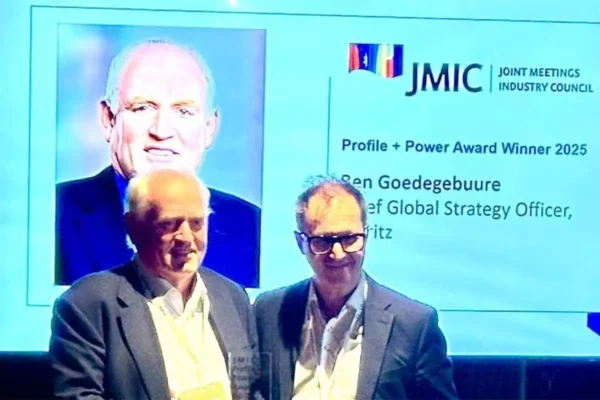Freeman officials have announced that today, Judge Roger Titus of the U.S. District Court of Maryland, granted Freeman’s motion for summary judgment and dismissed the case of EEOC v. Freeman.
“On behalf of all of our employee-owners, we feel vindicated,” said Joe Popolo, CEO, Freeman. “We made the decision early on to fight this case because we felt strongly that the EEOC had overstepped its bounds. We have a very diverse workforce and as such, discrimination laws are extremely important to us and our employees. But twisting them to deny a business the right to make sure its employees and customers are safe from potential criminal or fraudulent acts goes beyond all reason.”
In 2009, the U.S. Equal Employment Opportunity Commission (EEOC) filed a nationwide hiring-discrimination lawsuit against Freeman based on the company’s use of job applicants’ credit histories and criminal convictions. The EEOC claimed those practices had a disparate impact on African-American, Hispanic and male job applicants.
“Freeman … engaged in a pattern or practice of unlawful discrimination by refusing to hire a class of black, Hispanic and male job applicants across the United States,” the EEOC charged in the lawsuit. “Since at least 2001, Freeman has rejected job applicants based on their credit history and if they have had one or more of various types of criminal charges or convictions. This practice has an unlawful discriminatory impact because of race, national origin, and sex, and is neither job-related nor justified by business necessity.”
As a result of these practices, the company violated Title VII of the Civil Rights Act of 1964, according to the lawsuit filed by the EEOC’s Baltimore field office. Attorneys for the EEOC contended it is a violation of Title VII to use hiring practices that have a discriminatory impact because of race, national origin or sex and that are not job-related and justified by business necessity.
But Titus ruled against the plaintiffs while dismissing the case, saying Freeman’s decisions were sound and not based on discriminatory practices against any particular group of people. Allowing the lawsuit to continue could have jeopardized other employers while leaving them vulnerable to potential internal criminal activity, Titus said.
“By bringing this action of this nature, the EEOC has placed many employers in the ‘Hobson’s choice’ of ignoring criminal history and credit background, thus exposing themselves to potential liability for criminal and fraudulent acts committed by employees on the one hand, or incurring the wrath of the EEOC for having utilized information deemed fundamental by most employers,” said Titus. “Something more, far more than what is relied upon by the EEOC in this case must be utilized to justify a disparate-impact claim based upon criminal history and credit checks. To require less would be to condemn the use of common sense, and this is simply not what the discrimination laws of this country require.”
Freeman attorneys maintained the firm’s careful and appropriate practice of using criminal and credit background checks is fair and consistent with business necessity. The EEOC also conducts criminal record checks as a condition of employment for all its employees and conducts credit checks for approximately 90 percent of its positions, according to Freeman officials.
The case arose from a complaint filed by a former job applicant. On Jan. 17, 2008, Katrina Vaughn filed a “Charge of Discrimination” with the EEOC, according to federal court documents. Vaughn accused Freeman of discriminating against her based on race in violation of Title VII of the Civil Rights Act of 1964. Vaughn claimed Freeman rejected her for employment based on her credit history.
The EEOC alleged Freeman’s use of credit history as a hiring criterion has a disparate impact on black job applicants and that Freeman’s use of criminal history as a hiring criterion has a disparate impact on black, Hispanic and male job applicants.
“This case has far-reaching implications for employers across the country that have been under the EEOC’s scrutiny recently,” said Don Livingston, the lead attorney on the case for Freeman. “This is a win not only for Freeman but for the rights of U.S. companies to utilize reasonable and rational practices to safeguard their workplaces.”
Founded in 1927, Freeman is an employee-owned company and a global partner for producing expositions, conventions, corporate events and exhibits. Headquartered in Dallas, Freeman produces more than 4,300 expositions annually, including 135 of the 250 largest U.S. tradeshows and 11,000 other events worldwide.






















